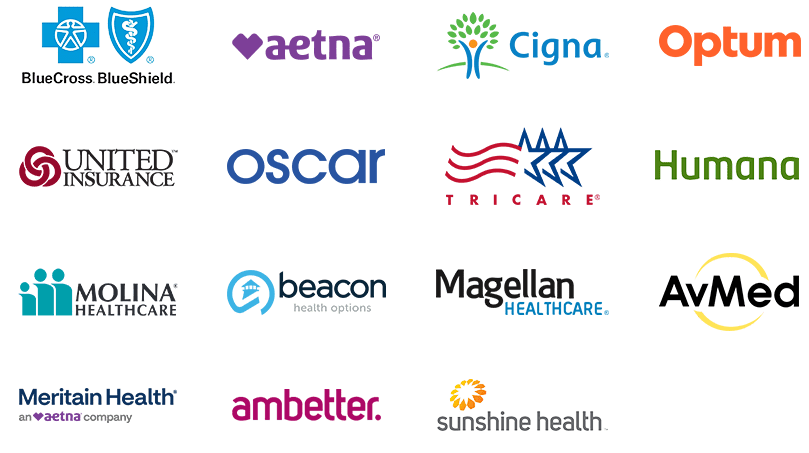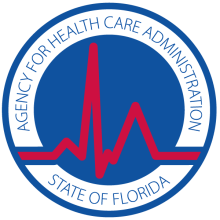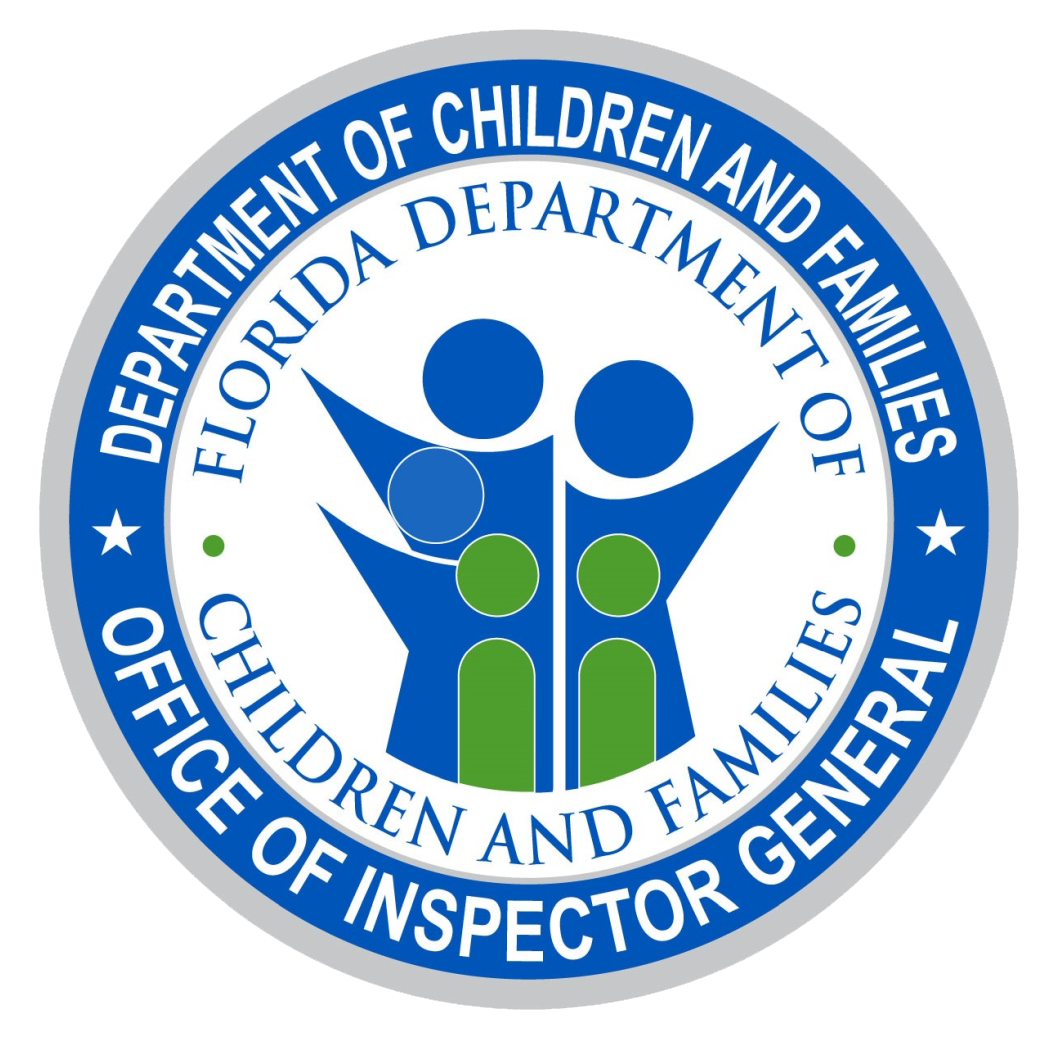Many myths exist about going to a rehab program for drug or alcohol addiction, and what addiction recovery looks like after leaving treatment. You may think it’s enough to attend support groups and maybe receive therapy after treatment. But for many recovering addicts, this isn’t enough.
While treatment at a drug rehab is a great start, recovery from addiction is a lifelong process. It’s not a sign of weakness to need extra support after drug addiction treatment. It is strength to admit when you need help, and additional support after treatment can mean the difference between relapsing and not relapsing.
Part of the treatment process is establishing an aftercare plan that includes meetings, therapy, continued treatment, sober housing referrals and more. Our aftercare specialist work with a network of facilities around the country to ensure that your journey of recovery doesn’t end at Principles.
AFTERCARE: PROGRAM
Addiction recovery isn’t simply a task to check off. It’s a very common misconception to believe that drug addiction treatment is a one-time effort that “cures” addiction. This is a particularly prolific myth among individuals with minimal experience or prior knowledge about addiction. But that’s just not the case. On the contrary, addiction treatment is the first stage in an ongoing recovery process that even includes aftercare.
Aftercare has become a very popular term, particularly as more rehabilitation professionals have come to the conclusion that aftercare is a vital part of the rehabilitation journey. Unfortunately, many people don’t know what comes after rehab (or how to adjust back from a drastic change, such as a partial hospitalization program). It’s important to understand what to expect from aftercare, know the options for ongoing care for addiction are available, and understand why post-treatment care is a crucial part of fully recovering from addiction.
Principles Recovery Center advocates for individuals from beginning to end, emphasizing the importance of aftercare. We work to offer patients a wealth of useful (and often essential) resources to promote longevity of their newfound sobriety.
We Offer Lifetime Aftercare Services. When You Need Us, We’re There
What is Aftercare in Substance Abuse Treatment?
To best understand what aftercare is, it’s necessary to have some basic knowledge of the rehabilitation journey overall and how each part contributes to the trajectory for lasting recovery.
The treatment and rehabilitation process can be boiled down into its most essential phases Detoxification, treatment, and aftercare. Medical detoxification is designed to address the physical aspects of an addiction, helping individuals to rid their bodies of mind-altering chemicals and other toxins so as to prime them for the treatment phase of rehabilitation.
Drug addiction treatment is a combination of a medical and psychological process in which patients learn about what led them to become addicted to alcohol or drugs. After that, it’s all about building actionable strategies for achieving sobriety.
While detoxification and treatment phases of recovery focus more on short-term goals of recovery, aftercare is more focused on long-term goals. Detoxification and drug rehab programs emphasize establishing sobriety while aftercare programs (such as outpatient programs and sober living homes) emphasize maintaining or sustaining that recovery.

Request a Confidential
Callback 24/7
WHY MEDICAL DETOXIFICATION
IS NECESSARY
Detox serves as a crucial first step for an individual’s treatment process. If a patient were to simply skip the detoxification phase of the recovery and go straight into clinical treatment, it’s likely that they will experience withdrawal symptoms. They may even leave treatment and seek comfort in their drug of choice.
Although the severity of withdrawal symptoms can vary from one person to the next, the majority of individuals who are suffering from withdrawal might have extreme difficulty participating in treatment even if they stayed. Certain substances like alcohol and highly addictive opioids pose potentially fatal withdrawal symptoms, so detoxification is a must in order to effectively produce the best treatment outcome to guarantee safety.
Principles Recovery Center is With You for Your Recovery Process.
Why is Aftercare Important to Success in Recovery?
There are numerous circumstances that can lead to an individual becoming addicted to alcohol or drugs. But there are also many factors and situations that can lead to relapse after an individual has completed a treatment program and achieving sobriety. A relapse refers to when an individual who has achieved sobriety reverts to his or her former substance abuse (even if just once).
Unfortunately, relapse is not an uncommon occurrence among individuals who have completed addiction treatment. It’s part of the process and doesn’t mean that someone is a failure or has no hope of achieving total sobriety. But relapse is also completely preventable, if someone is willing and able to make the proper preparations.

That’s where aftercare comes into the picture and what it’s so important. Rather than needing to spend extremely long periods of time in a recovery program, aftercare allows individuals to use the time spent in treatment to acquire valuable skills and strategies, and then use aftercare to basically implement and reinforce what was learned in treatment. Aftercare programs are crucial for addressing challenges related to mental health disorders such as depression and anxiety, ensuring ongoing support even when individuals feel okay.
Aftercare: Spending A Little More Time to Ensure Recovery
Many experts agree that one of the biggest limitations to addiction treatment is time. Most individuals who enroll in addiction treatment programs spend between one and three months in treatment, which is often just a fraction of how long they spend in active addiction. It’s hard to make so sudden a change when you’re used to a completely different lifestyle. Apart from physical dependence, an addiction also represents a habit that has been reinforced through years of behavior. It takes time, effort, and help to learn how to be sober.
The most logical response would be to have individuals spend longer periods of time in treatment, but that’s not always possible or realistic. Completing an addiction treatment program takes a significant investment of time and energy; even the shorter treatment programs last a month or more. Considering how more people than ever are suffering from addiction, there’s too great a demand for treatment for these programs to require extremely long periods of time to complete. It also assumes that every person’s addiction is the same, with every person requiring the same type of support system for the same type of recovery journey.
In addition, time spent in inpatient treatment requires stepping away from one’s other obligations in life, including family and career. Not every person can or wants to dedicate extremely long periods of time to addiction treatment. An aftercare program (especially one that includes a shift to an outpatient program) can help an individual transition back to normal life and avoid relapse.
Never Be Alone Again
Come Join Our Recovery Family
How We Help Set You Up for Success!
What Types of Aftercare Support Groups are Available in South Florida?
Just as there are many types of treatment that comprise addiction treatment programs, so, too, are there many different types of aftercare. As well, the various resources that are labeled as aftercare are designed to address some aspect of life or recovery that can sometimes represent a potential danger to sobriety and a possible factor for relapse.
At Principles Recovery Center, we offer a variety of aftercare options. For instance, we offer an intensive outpatient program that aids in relapse prevention when individuals aren’t undergoing therapy and programs at rehab facilities. Sober living homes can serve as a substance-free environment that provides a support network of people that share the same goal to remain sober. Our alumni program provides social support and resources to help support your long term success.
For individuals who suffer from a co-occurring mental or emotional disorder (referred to as dual diagnosis patients), special attention will be given to supporting their mental health care and learning healthy coping skills. Outpatients include services such as group therapy, medical support, and family therapy to help recovering addicts build a healthy support network.
Insurance Can Help Cover
the Cost of Treatment at PRC.

WE’VE GOT
YOU COVERED!
Insurance coverage for treatment is within reach. We are in-network with most insurance carriers in Florida.

Keeping You Connected to Maintain Sobriety.
Aftercare Programs at Principles Recovery Center in South Florida
Once treatment nears completion, we help provide “after-recovery assistance” to help our clients as they venture into the next phases of their lives. We believe it’s important to provide our clients not just the tools for recovery, but the tools to help our alumni excel after leaving our facilities. Our substance abuse treatment includes comprehensive aftercare programs that equip individuals with essential skills and support for maintaining sobriety, especially when facing triggers and urges in everyday life after rehabilitation.
If you would like to learn more about aftercare services at Principles Recovery Center, we encourage you to contact us today. It’s never too late to start your path to recovery!
CREDENTIAL HIGHLIGHTS



